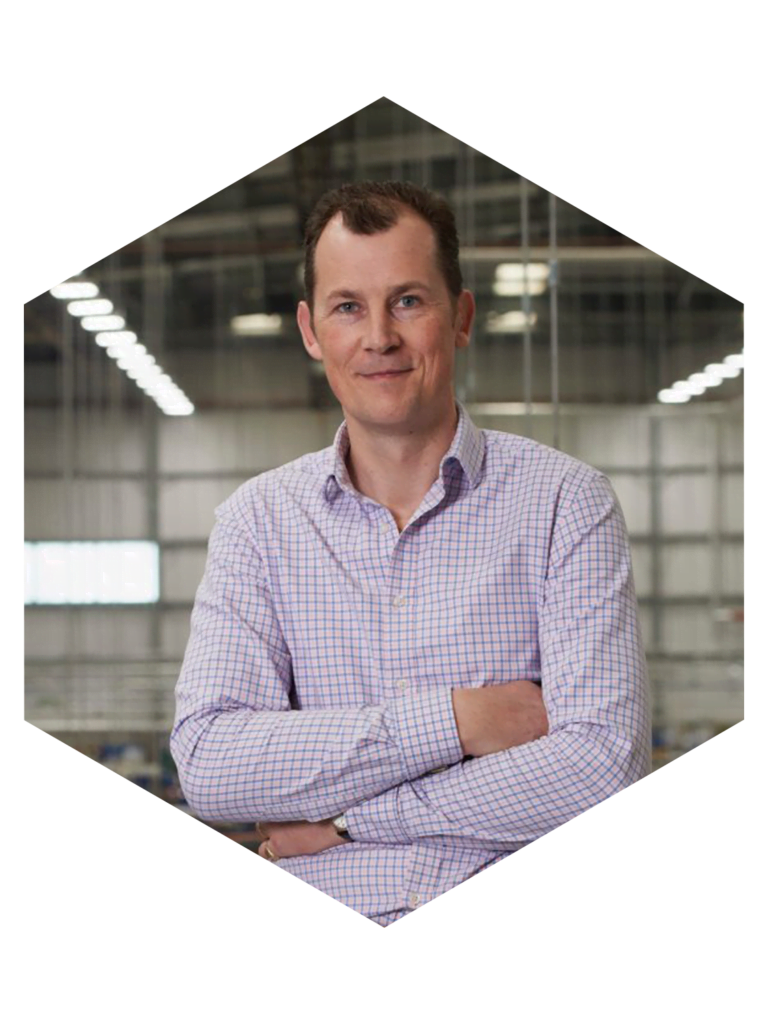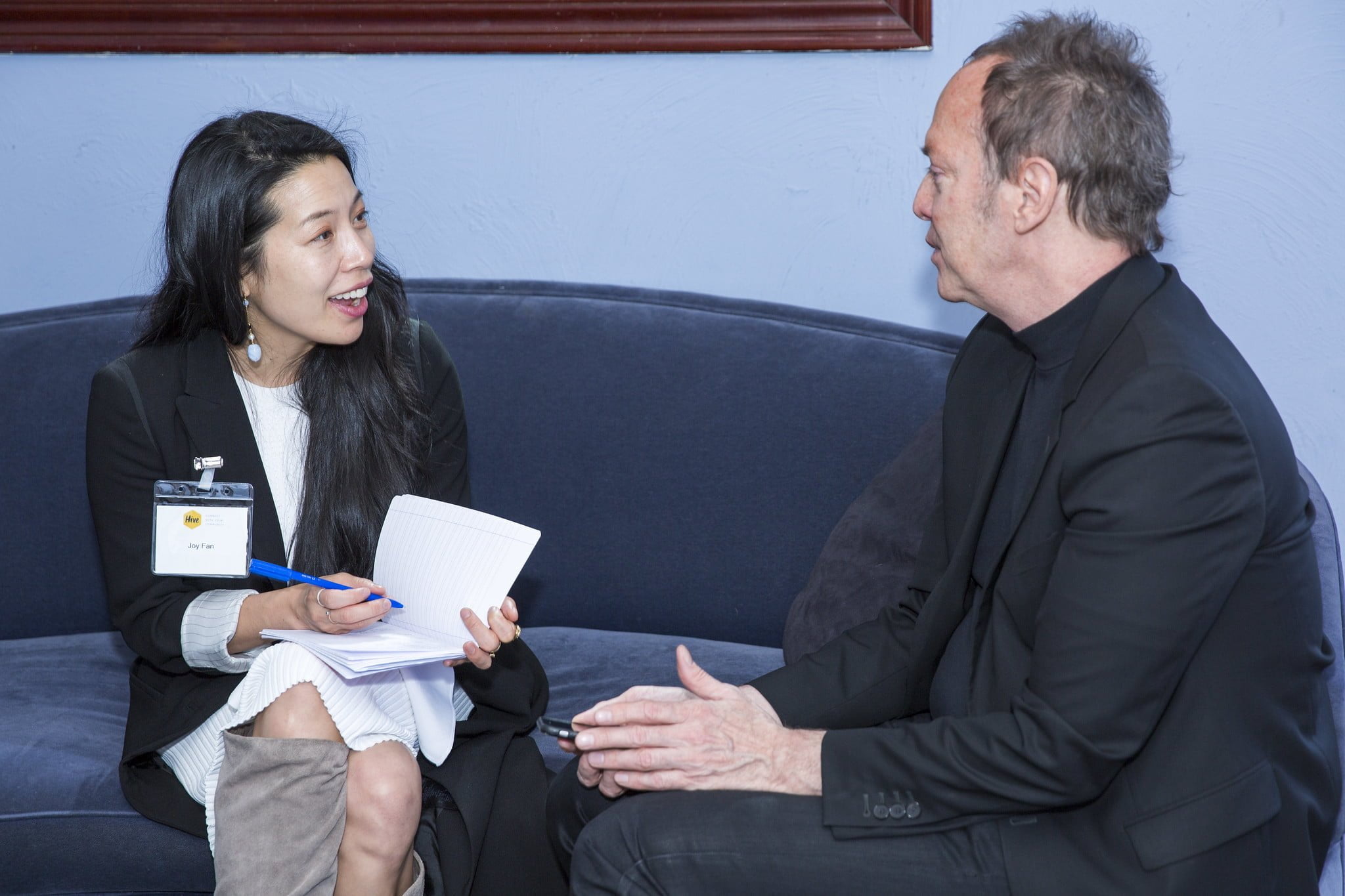From responding to an overnight surge in demand, keeping essential stores open, and providing wheels for our heroes, it’s certainly been a busy year for Brompton Bicycles!
We were delighted to have CEO Will Butler-Adams sit down with us to reflect and share his personal learnings from this period…
Thank you for taking the time to sit down with us Will! Could you start off by telling us a little about the global business at the start of this year?
I’ve been at Brompton for 18 years now. When I joined, it was only a little company of about 30 people, making around 5000 bikes in London. And it’s been a hell of an adventure from the start!
At the start of 2020 we were just beginning to get into our stride; we were seeing steady growth, had recently upscaled our factory and had signed off on our budgets for the year, which included all sorts of sensible plans – and then CV-19 hit!

As CEO, what was the first order of business when the reality unfolded?
When the UK first went into lockdown back in March, I made the first of many recordings to our staff. By this time, we’d already removed all of our vulnerable staff, and all staff that didn’t need to be at work were working from home. Of the guys remaining, we were all relatively young and fit and not considered to be at high risk from the virus. I said to them, “Look guys, nobody really quite knows what’s going to go on here, but it’s looking pretty serious and I won’t lie, it’s not looking very pretty as to how it will affect our business.”
And right there and then, we all agreed – we all had to fight to keep the business afloat! All we needed to do was to keep it alive just enough so that we didn’t have to make any redundancies. And that became our ambition.
We saw real determination from our people to keep going, which was helped by the fact that the Government decided to protect the cycling industry so that we could help people keep moving during lockdown.
It was at that point that our Wheels for Heroes campaign began. It gave all of our staff such a sense of purpose and made us all feel that we were contributing to helping the NHS, which helped our families to understand the importance of us being at work. And then, after going to the very bottom and being fearful we wouldn’t come up again, we had this exodus of demand as we came out the other side!
And right there and then, we all agreed – we all had to fight to keep the business afloat! All we needed to do was to keep it alive just enough so that we didn’t have to make any redundancies. And that became our ambition.”
What a brilliant initiative! Something you must be very proud of.
Yes absolutely. Like all the best things in life, we didn’t over think this. One of our guys was approached by Barts Hospital because their staff didn’t really fancy coming into work on the Underground and they asked if we would mind lending them some bikes to help with this. We have a bike hire scheme which isn’t so busy in Winter and so we had stock of excess bikes that we were happy to lend. None of us really knew how long this was going to last or how huge it would get! Originally, we lent 25 bikes, but these ran out in just 3 days! Then we lent another 50, which crept up to 150, and before long we were lending out all 200 bikes we had, with hundreds of hospital staff still wanting more. At this point, we just knew we had to get more money into getting these bikes for the NHS – we invested around £1 million ourselves already, but couldn’t foot the entire bill, so we ended up creating a crowd funding page which we called Wheels for Heroes.
So many of our own staff donated, let alone other people, and in about 18 days we had raised £320,000. We put the names of anyone who had donated £250 or more onto a plaque on the bike and used a unique design so they were recognisable and then those bikes were out there, being used by NHS workers!
Originally, we lent 25 bikes, but these ran out in just 3 days! Then we lent another 50, which crept up to 150, and before long we were lending out all 200 bikes we had, with hundreds of hospital staff still wanting more.”
Is there a key lesson learned/piece of advice to pass based on your success adapting and thriving so quickly?
What can happen when you encounter an intense problem is a little bit like being on a boat: everyone rushes to one side and the boat starts to tip…. if the Captain is not careful, the boat will capsize. It all comes back down to leadership. In an immediate crisis you need to keep your head steering in the way that you’re going. You must keep perspective and a steady sense of direction.
Effective leadership isn’t about doing what everyone else is doing – it’s about keeping going and taking risks. Making decisions that you believe are right for your teams is harder than going along with the crowd. Leadership is about being clear about your purpose and why you’re doing it, and then just… leading!
During CV-19 too many companies just did the same thing – and they had to shut down. This is your moment to assess the risk and lead. Of course, leaders have a tremendous responsibility to make sure staff are kept safe, but they also have a tremendous responsibility to make safe the business, as without the business, staff are on their own.
Making decisions that you believe are right for your teams is harder than going along with the crowd.”
What’s your biggest personal learning over this period?
A business can get so consumed buy its own policies and best practise, that it thinks it knows what’s best for its staff. But actually, when you hit a crisis, this pulls the staff together and the business realises that its staff are way more sophisticated than it might have given them credit for. More than ever, this experience has reinforced my belief that there’s no right or wrong answer – it’s a shade of grey. To get the right answer, you need to listen to your teams and decide on a path that you all get behind and go for it!
But too often in politics and business it’s either this way or that. Too often, people expect the perfect answer to be either black or white. But in some respects, you’re not doing your job if black or white is all you can come up with. Leaders should treat all their staff like grow ups. They’ve all got challenges we can’t even see in their own lives, far bigger than we could think of; we should never assume that we know more than they do. Ask them.
Leaders should treat all their staff like grow ups. We should never assume that we know more than they do. Ask them.”

